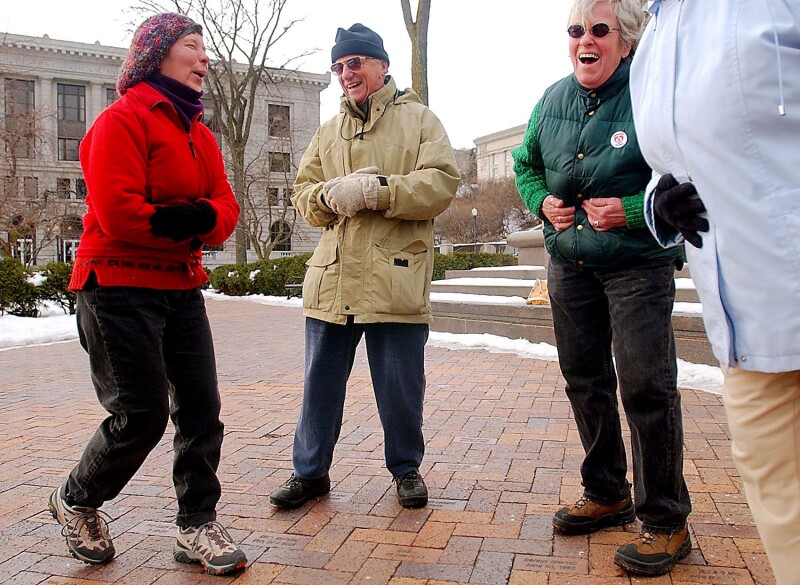URGENT UPDATE: A recent letter to advice columnist Dear Abby has ignited a heated discussion about the behavior of some elderly individuals. The letter, penned by a resident from New Jersey, raises immediate concerns about the crankiness often observed in older adults, particularly following interactions that trigger their annoyance.
The letter details an incident where the writer, having borrowed $40 from her elderly neighbor, delayed repayment by just two days. The neighbor, now in her 80s and reportedly lonely, reacted sharply, questioning, “Where’s my money?” This incident has prompted the writer to reflect on why some seniors behave in a seemingly irritable manner.
Why It Matters: This situation touches on broader issues affecting mental health and social connection among the elderly. As isolation increases, especially after the loss of a partner, many seniors can become withdrawn or irritable. It’s crucial to understand these dynamics as they can impact family relationships and community engagement.
“Stop blaming all seniors for the way one of them reacted when you didn’t keep your word,”
responded Dear Abby, highlighting that communication and respect are vital in these interactions. This perspective shifts the focus from attributing crankiness to age, to understanding individual circumstances and expectations.
In a parallel letter from a resident in Pennsylvania, another social dilemma arises concerning feelings of being drained by the company of friends lacking social awareness. This middle-aged adult is seeking advice on how to extricate herself from uncomfortable social obligations with “clueless women of luxury.” The emotional toll of such friendships is becoming a pressing concern for many.
As we approach the end of Daylight Saving Time, set to occur at 2 a.m. Sunday, it’s a reminder for everyone to turn their clocks back and check essential safety devices, such as smoke and carbon monoxide detectors. Dear Abby took the opportunity to remind readers of these critical safety measures in her column.
The letters reflect an urgent need for understanding and compassion towards older adults, especially as they navigate loneliness and social pressures. With the increasing focus on mental health, discussions around the behavior of seniors are more relevant than ever.
As communities seek to support their elderly members, it’s essential to foster positive interactions that can alleviate feelings of isolation and frustration. Read the full advice column on Dear Abby’s official website for more insights and to share your own experiences about engaging with elderly neighbors.
Stay tuned for more updates on this developing conversation that resonates with so many families and individuals today.







